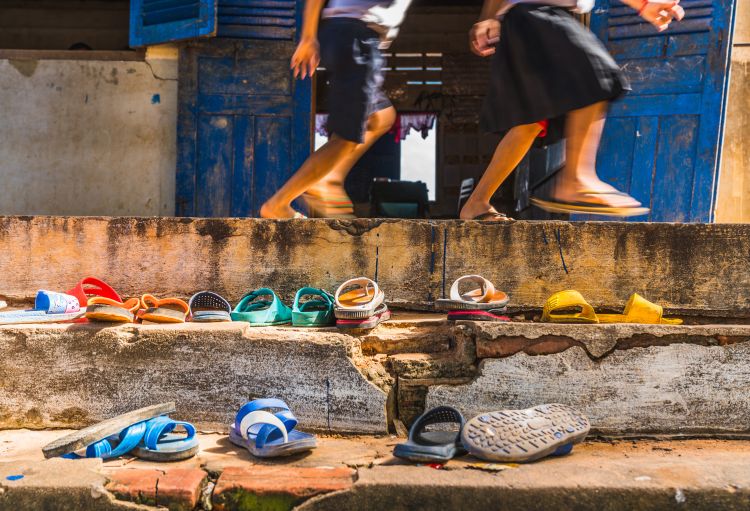Access to Education

Access to effective governance and justice structures is important. Our research investigates and promote education institutions and systems that recognise and value everybody’s rights, everybody’s situation and everybody’s needs.
Professor Caroline Dyer works on how various forms of education intersect with social inclusion and exclusion, particularly among people who engaged in livelihood-related mobility. Professor Dyer argues that formal education systems themselves often perpetuate exclusion, and has written about schooling’s ‘terms of inclusion’ for mobile learners, and the ‘border regime’ of education access in sparsely populated rural areas. Her research into why mobile pastoralists are systemically under-represented in formal education systems around the world has enabled Professor Dyer to provide strategic advice, inform programming and develop policy with development partners including UNESCO, UNICEF, the British Council, Save the Children, and UN Global Education Monitoring Report team (2015, 2018).
In Ethiopia, Professor Dyer led a situation analysis and co-wrote the national 2017 Pastoralist Education Strategy. In 2019-20, she worked in Mongolia on UNESCO’s Mongolia Education Policy Review, contributing on education’s role in sustainable pastoralist livelihoods, rural futures and pathways to inclusive, lifelong learning. Many of the Review’s recommendations are reflected in Mongolia’s 2020-30 Education Master Plan.
Professor Dyer also works with international practitioner organisations who are delivering education services and are keen to innovate with flexible, responsive and livelihood-sensitive provision. She co-authored a major review and advocacy report, ‘Quality primary education for mobile learners’, for Doha-based Educate A Child and Germany’s GIZ in 2016; and in 2017-18 she collaborated with Save the Children on the potential for uptake of ‘networked schooling’, an innovative education delivery modality that Save piloted in Ethiopia. Professor Dyer’s monograph ‘Livelihoods and Learning’, which examined the disappointing record of the global Education For All movement in respect of mobile pastoralists, was published in 2014.
At present, she’s leading three research project in India with academic and NGO partners, examining different aspects of education inclusion and disadvantage. The HERDING project (British Academy funded) focuses on dignity, heritage and sustainable development among women pastoralists. The RAISE project (FCDO/ESRC funded) looks at accountability relations in the education system, and how they shape the right to education. The P2N project (ESRC funded) re-uses secondary data to examine numeracy in the early years. All of these projects intersect to demonstrate in different ways how differing forms of education produce and reproduce social disadvantage, how disparities arise at the foundational stage of formal learning, and schooling’s role in forming ‘respectable’ identities.

